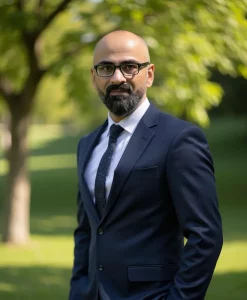Teaching children practical and lifelong skills through games is a genius idea as you get to secure so many wins through it: you get to spend quality time with your children; you get the fullest attention and focus of your children; and you get to put theory into practice rather than merely relying on speeches to inject certain values.
Instilling a Winning Mindset
As a father of three young children who happens to be an entrepreneur, developing the mindset of a winner is my first and foremost focus in all aspects of my training. When playing games, including playing cards and Monopoly, I make sure that my children give their very best and never give up until the last moment, and part of that training is based on me being the role model and giving it my all.
Though playing games is about fun, I make a point that it’s even more fun if we play with the aim of winning. If we lose despite giving our best, fair enough, we have to be proud that we played like a winner. This approach not only sharpens their competitive edge but also helps them internalise the values of resilience, preparation, and positive self-talk traits that benefit them far beyond the game board.
Fostering Critical Thinking and Problem-Solving
My second on the list would be critical thinking and problem-solving. When playing games or sports with my children, I try not to make it any easier for them and push them to their limits so that they can bring out their very best. Though this does mean that they might not win as frequently as they would like, they learn incredibly fast to analyse the situation and come up with possible solutions.
Enhancing Social and Emotional Intelligence
I also take the opportunity of playing games to teach them important social and emotional intelligence skills—including communication, situational awareness, persuasion, sportsmanship, leadership, negotiation, and so on. I cannot stress enough how important these skills are when children grow up and enter their practical lives, where they will have to deal with so many people—all with differing ideologies, beliefs, motives, and cultural & religious backgrounds.
Financial Literacy through Games
One of the reasons I like Monopoly is because it teaches kids how to manage their resources and utilise them in the most efficient manner. We so often criticize our education system for its lack of focus on financial literacy, and yet, we see parents not spending enough time teaching and promoting financial literacy to our children.
Conclusion
As you can see, all of the above are very important lifelong skills that will assist our children in becoming stronger, wiser, and well-equipped when dealing with real-life challenges. Integrating these lessons into something as enjoyable as game time not only strengthens family bonds but also lays a solid foundation for their future success.


